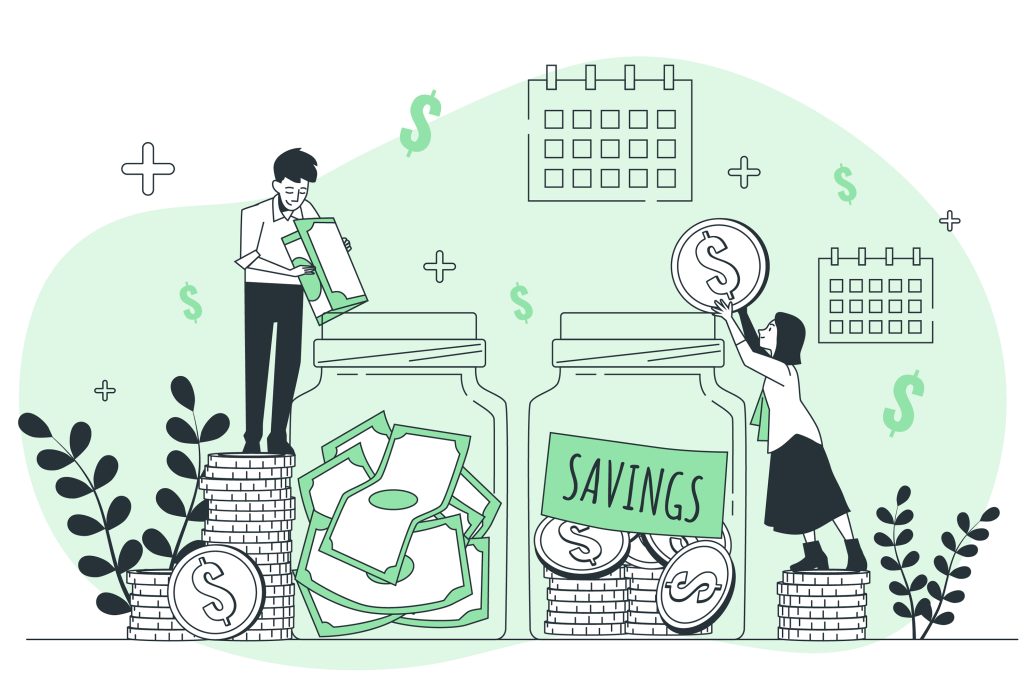
Although it seems common to many people, financial lack of control is not the normal state of things. The right thing to do is to take control of your own spending so that you can invest in your personal growth, or even in the growth of your business. This helps you and your family to have a more peaceful life.
10 steps to organize your finances with financial education
1. Make Money
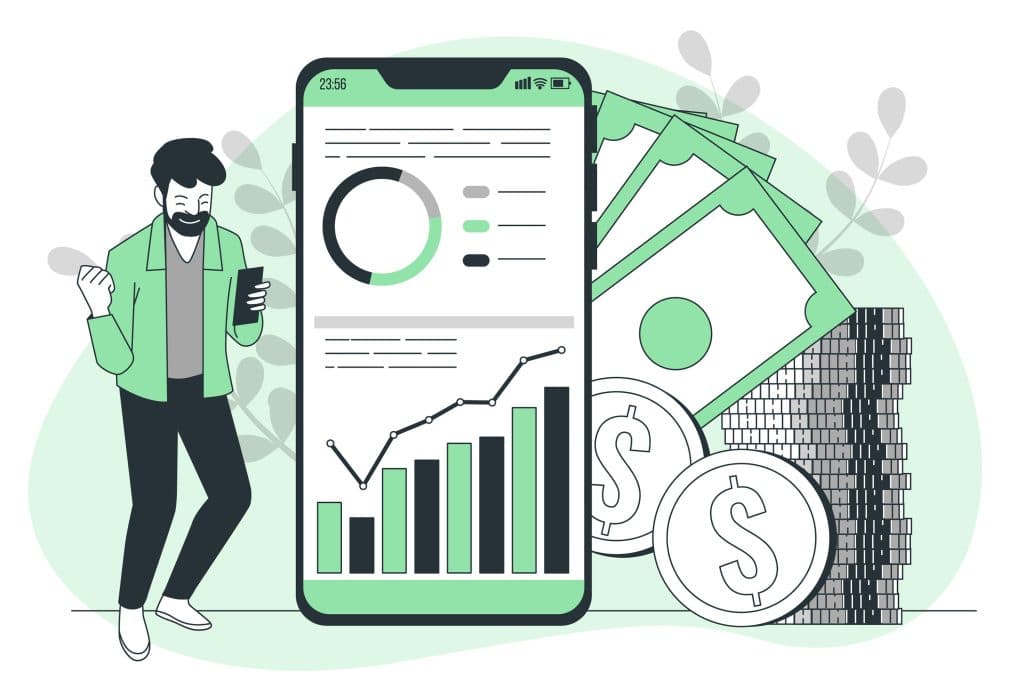
The lesson here is the importance of always seeking to make more money, as a way to improve your financial balance. The most well-known and honest way to make money is by working.
The work, however, isn’t the end in itself. What’s important is what your work delivers to society. Does what you do have value to other people?
If you’re a farmer, you deliver food. Therefore, your work has a high value for the collectivity. However, to differentiate yourself and make more money, it takes more than effort. You need to master the knowledge related to your economic activity.
If you’re a farmer, your activity is agriculture. So, you must invest in learning the best soil fertilization and planting techniques. You must also invest in new technologies for harvesting and grain separation.
Save the word “investment”, because it will make even more sense later on.
2. Try to spend less than you make
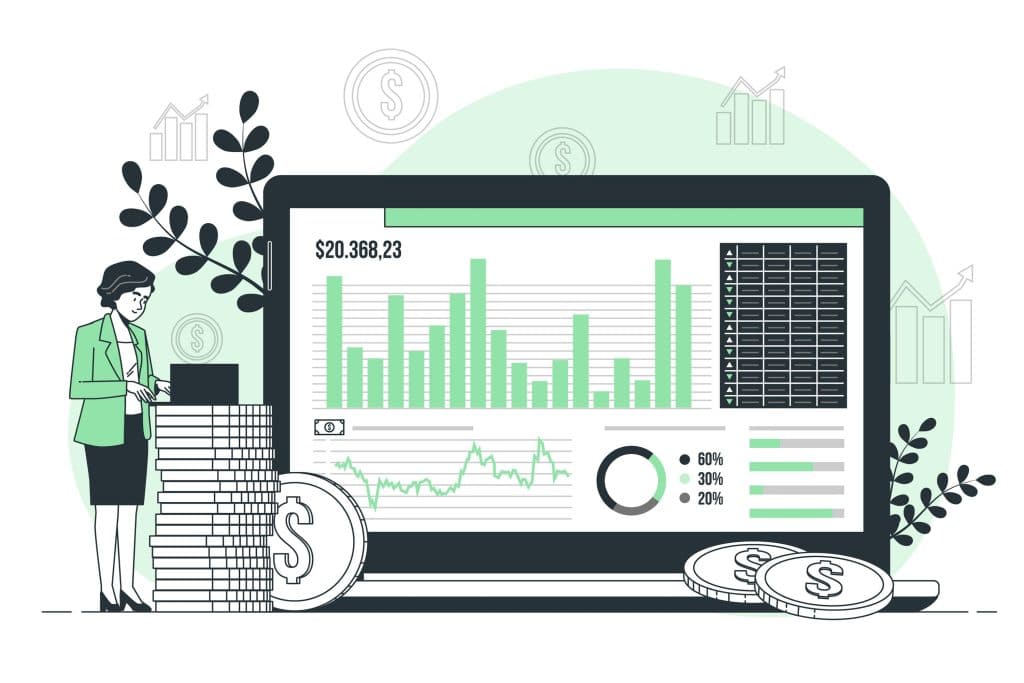
If you adopt this premise in your personal financial routine, everything indicates that you have a good chance to prosper as an entrepreneur.
Having a gap between income and expenses is the basis for the next steps of personal finance education. As you create “fat”, that’s the difference between income and expenses, it becomes easier to prepare for unforeseen events and invest in activities you enjoy!
3. Fight against consumerism

Consuming is part of the life of every human being. Everyone needs to eat, dress, educate their children, and so forth. And these activities involve the acquisition of products and services.
What you should avoid is consumerism, the unbridled consumption of items that sometimes are not important.
A good tip is to make a shopping list with only the essential items for your day. Is it hard to understand what is essential and what is superfluous? Then try the following mental exercise:
- Will this product/service improve my life in some way?
- Can I survive without this purchase?
- Can I replace the brand with a cheaper option?
- Can I afford it?
By answering these questions, you realize that many purchase decisions are made impulsively, because we let ourselves be carried away by advertising and such tempting offers. Instead of this immediate approach, try to plan your trip to the supermarket or the mall in advance, avoiding the temptation of overspending.
Exaggerated and irrational consumption is responsible for many of society’s ills. It generates indebted, sick, and frustrated people. Beware!
4. Make your financial plan
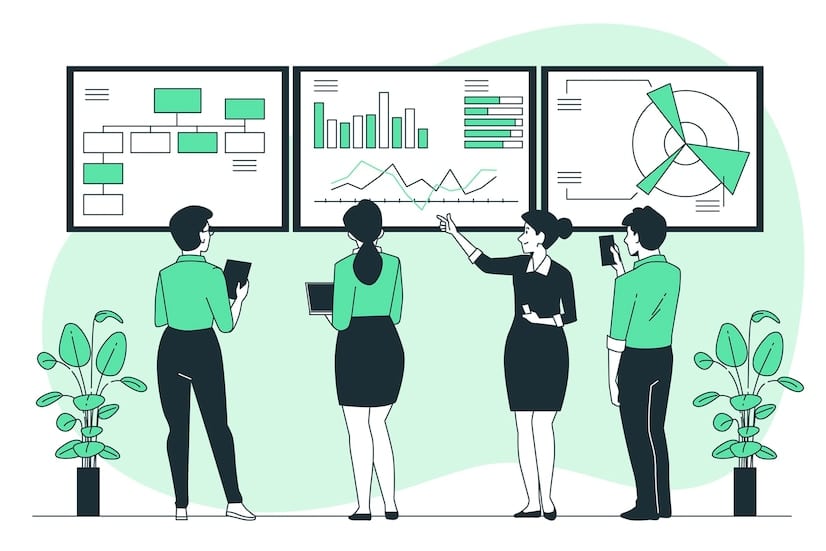
Don’t be alarmed: financial planning is the simplest thing in the world. Want to see? How much do you earn? Suppose your monthly income is R$2,500.00. So, how much should your expenses be?
No, it cannot be R$2,500.00. What happens when something unexpected happens? What if you decide to take out a loan from the bank or credit union to buy a machine to increase the productivity of your plantation? Where will you include the loan installments?
Your expenses must always be less than your income. If you have an expense of only R$1,200.00, so much the better. That leaves R$1,300.00 for you to invest and save money so that you won’t be caught by surprise by any eventuality.
If your income is irregular, estimate your annual earnings. If your earnings estimate is R$60,000 per year, the annual expense should be as low as possible.
The important thing is that the estimate of annual earnings is realistic. In fact, good financial planning is pessimistic. The more pessimistic the forecast, the less risk you have of committing money you don’t have to expenses you can’t afford.
The financial spreadsheet is an excellent tool for controlling expenses. In it you write down all the fixed and variable expenses of the month, which helps you visualize not only how much you spend, but how you spend it. In this way, it’s easier to identify possible waste, as well as to cut excessive costs.
5. Define your priority expenses

Do you know those unavoidable expenses like rent, food, and school for the children? These expenses cannot be cut. They are priorities.
On the other hand, superfluous expenses, like that pizza on the weekend and the ticket to the movies, are the first to be cut in a financial crisis.
By creating a hierarchy among your expenses, putting the most important ones at the top and the less important ones at the bottom, you’ll be able to adjust your monthly cost. This measure is mandatory for those who have variable monthly earnings. When the income is reduced, just cut the superfluous and dispensable expenses.
6. Only borrow money to invest

Borrowing, only if it’s to finance the increase of your productivity and, consequently, of your revenues. The financing, in this case, is an investment, a money that goes back and forth in double.
The opposite of this, which should be avoided, is to take a loan with the purpose of just consuming. This makes you increase expenses but not income. It’ s the sure path to financial embarrassment.
7. Save money
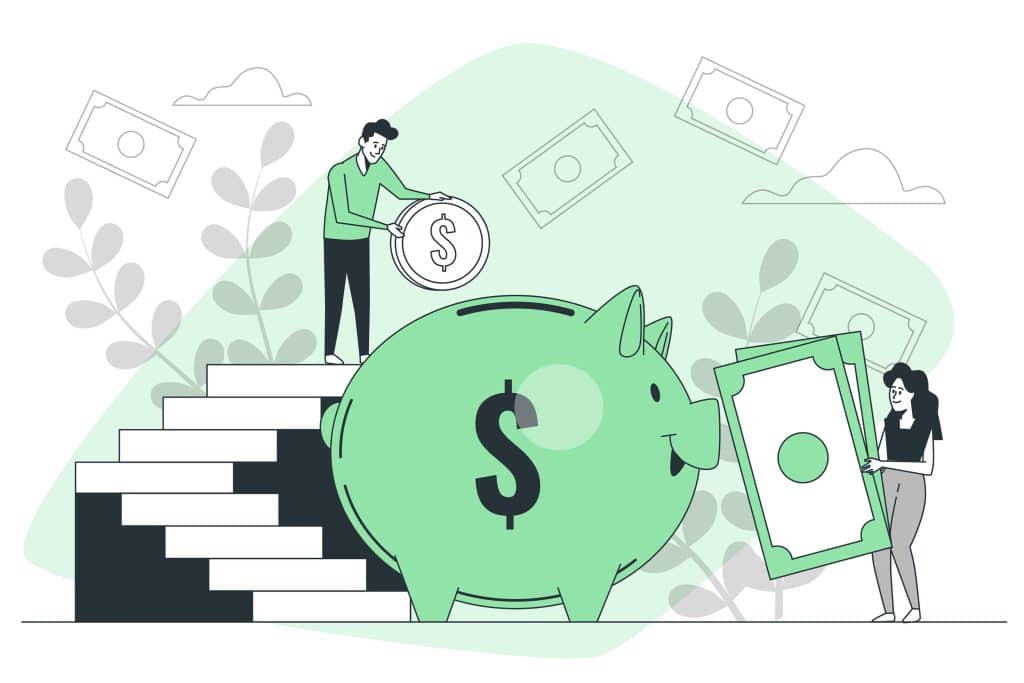
There are two types of people: those who spend everything they have and live in debt, and those who save money and carry out their projects. Be the second type. Saving money is not for miserly people, it’s for prosperous people.
For example, if you invest in a property and take out a mortgage to pay it off in 30 years, the monthly installment costs may fit in your pocket. The problem is that after 30 years of sacrifice, you’ll have paid off about three properties with interest alone.
If, on the other hand, you invest the monthly installment amount for 15 years in financial investments, you will be able to buy the same property cash and with a discount.
Let’s suppose, however, that you have an illness in the family during this period. If you have the money saved, you’ll have somewhere to get it for the emergency.
If you are paying a down payment, it’s very likely that you will go into debt and may not even be able to afford the apartment anymore. Do you understand why it’s important to save?
However, this does not mean that you should deprive yourself of doing those things you enjoy. The key is to have balance!
8. Have an emergency financial reserve

You should start your savings with an emergency reserve. This is an investment that serves precisely to cover the unforeseen expenses we talked about in the previous tip.
Experts in financial education say that it’s necessary to save at least the equivalent of six months’ salary. This amount will be enough for you to maintain your standard of living for a period of time, should you lose your source of income. But obviously, the larger the reserve, the better!
Remember to choose a financial product with immediate liquidity. Fixed income funds are an good alternative.
9. Invest

When you make your scale of priorities, after the indispensable expenses, put investments. Investment is everything you acquire to increase your earnings.
When you take a professional course, you are investing. The same happens when you buy new equipment to increase production, or when you make an investment in the financial system.
Any expenditure that will not give a return in the future is not considered an investment. So, whenever you can, invest. The best way to use your money is not by consuming, but by investing in the future.
This doesn’t mean that you can never consume, because we work to enjoy our money, right? It’s just a matter of establishing a hierarchy of priorities.
Therefore, by adopting the lessons of personal financial education in your life, it won’t take long to realize how much better your life can be without the pressure of debts, without money missing at the end of the month, and with the financial investments making your assets grow.
10. Diversify your investments to increse your financial life
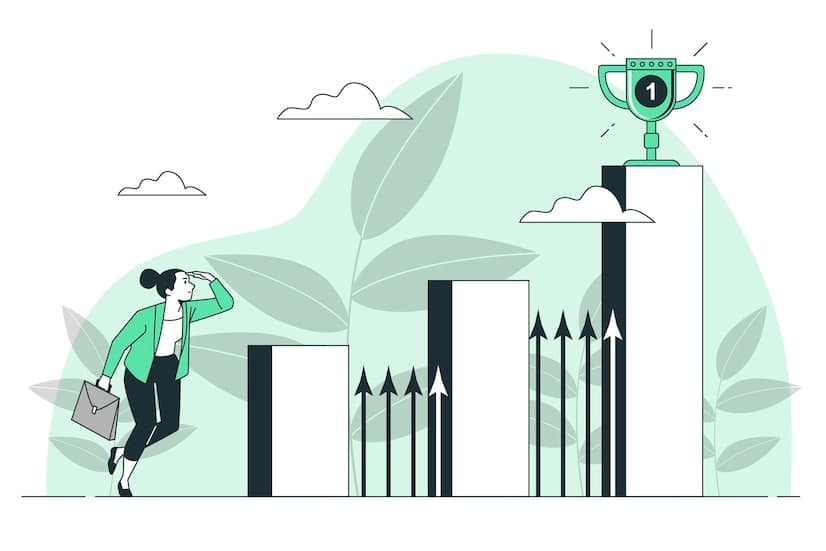
It’s worth remembering that money never comes easy. Those who have a stable financial life usually take many years to build up their wealth.
The secret is the patience allied to strategy. In this respect, it’s worth diversifying the investments.
You know the story of distributing the eggs in several baskets? If one of them falls, you still have the others to guarantee the food.
The same logic applies to financial investments. These products present different levels of risk and profitability. For example, while the stocks of one company are on the rise, others are falling and yielding losses for investors.
The person who stores all his eggs in one basket ends up taking a very high risk. One wrong step and, bam, the savings of a lifetime are destroyed.
This is why, when dealing with finances, it’s important to protect yourself against the dynamics of the market. A little money in fixed income and a little in variable income will make your assets practically immune to crises.
Was this article useful for you? If so, share it with your friends so that together we can help more people! And don’t forget to keep following the Finance ADX blog to check out other financial education tips.

 South Africa’s Capitec profit rises 84%
South Africa’s Capitec profit rises 84% 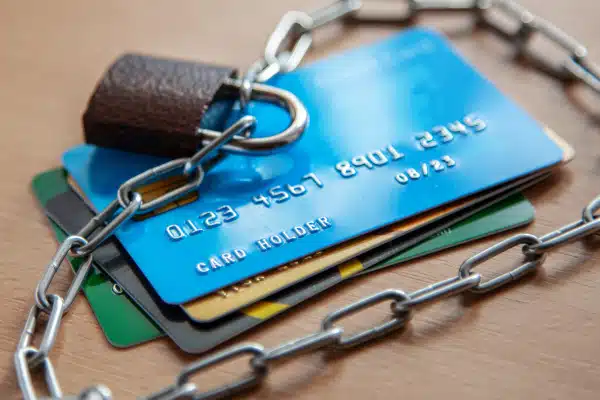 5 types of scams to not fall and keep your money safe
5 types of scams to not fall and keep your money safe  Remote Work in South Africa vs. Your Boss’s Decision
Remote Work in South Africa vs. Your Boss’s Decision